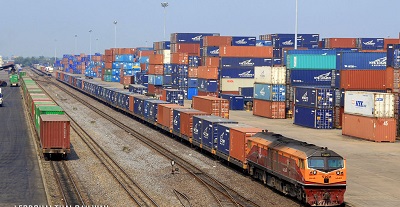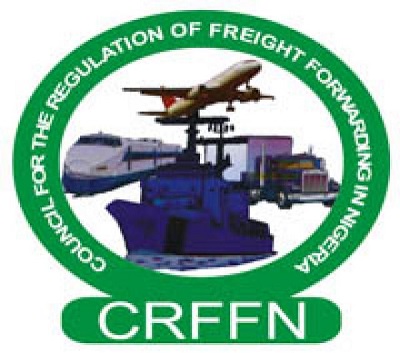Managing Waterways Accidents In Nigeria
Waterways play a very significant role in the transportation system of many developing countries because of their lower cost and higher accessibility compared to other alternatives, creating a great demand for transportation of goods and passengers. However, this mode of transportation has become a death trap to the limitation of resources, lack of care, and the absence of technology to maintain and monitor the waterways and the water-based vehicles.
Accidents in waterways have caused deaths, injuries, monetary loss, and a significant amount of missing people. Consequently, several families lose their dear ones leading to so much misery. This situation demands an intelligent, safe, and reliable water transport system in the country.
In the morning of Thursday 28th March 2019, management of National Inland Waterways Authority on a control inspection accosted a private passenger boat on the Lagos lagoon. The boat was conveying school children of the Government Secondary School, Tarkwa Bay, to Osborne for a Schools event. The route is one of busiest. Most shockingly, none of the children wore a life jacket on that open boat. There could have been another sad occurrence of loss of precious young Nigerian lives if the boat had been involved in an accident.
A standard approved life jacket is an essential requirement for water transportation and its use is mandatory, for it is the only tool that helps to ensure the survival of lives in the unfortunate event of a mishap. What is more, nobody can rule out the possibility of a mishap occurring on any trip at any given time, as a result of several factors that may be beyond human control.
In order to reduce accidents, the operator and driver of the boat should ensure that there are life jackets and other flotation devices available for everyone, as well as a first-aid kit and emergency supplies. Boat lights, a fire extinguisher and an anchor should also be aboard every vessel. Passengers should not overlook the importance of wearing these life jackets
It is also imperative to regularly maintain the boat and all safety equipment properly. Failure of the boat or boat equipment could lead to an accident.
Monitor weather and water conditions carefully. Check the weather report and report on water conditions before heading out. If the discovery shows that the weather will be bad, return to shore as soon as possible.
Load passengers and gear carefully as overloading the boat could cause improper weight distribution which will disrupt the operation. Boat owners and drivers should follow guidelines for their boat and load the vessel carefully to avoid capsizing and other accidents.
An accredited boat safety course undertaken by the driver could also be helpful in reducing these accidents. Boating safety education is important because it helps reduce personal injury and property damage associated with the use of recreational boats. Every one that makes use of water transport needs to be sensitized on how to ensure safety while on water. Boaters can keep themselves and their crew safe by learning about responsible boat operation, etiquette, and the rules of the waterways which are available in boat safety education courses.
A slight distraction on the part of the boat driver could be dangerous. The driver should not be distracted by passengers or other onboard diversions, but instead keep focused on the boat’s movements, water and weather conditions, other vessels and the surroundings. Travelling at a speed that is safe in light of current water and weather conditions would also guarantee the safety of the passengers.
The National Inland Waterways has also made a great move in minimizing these risks as they recently toured all passenger jetties in Lagos on sensitization campaign on safety, with particular emphasis on the use of life jackets, amongst other requirements.









